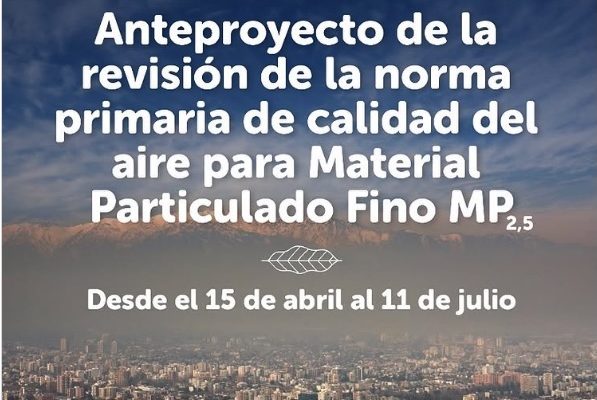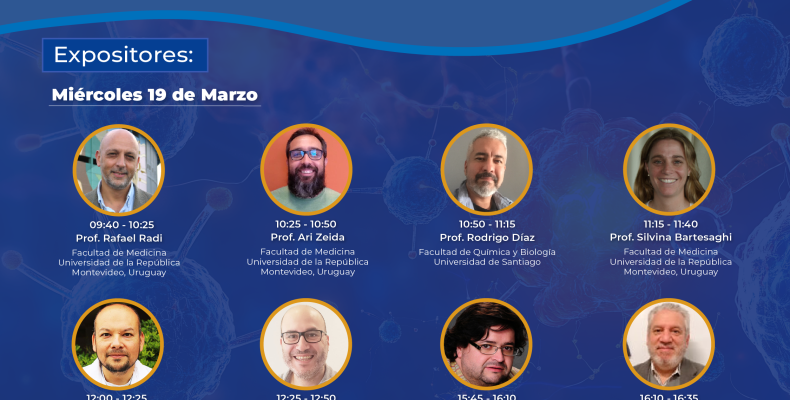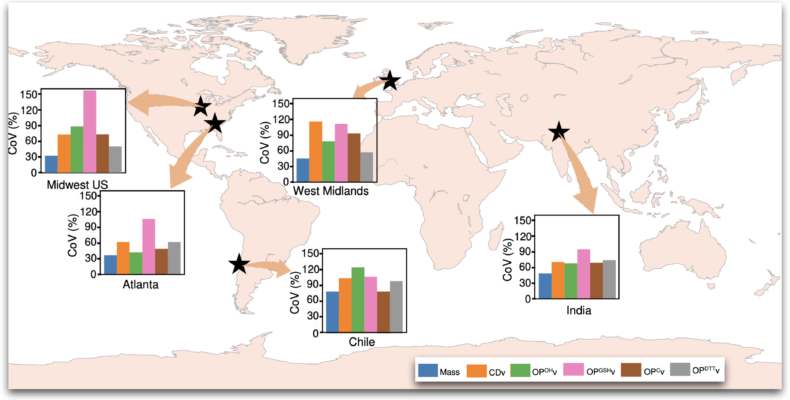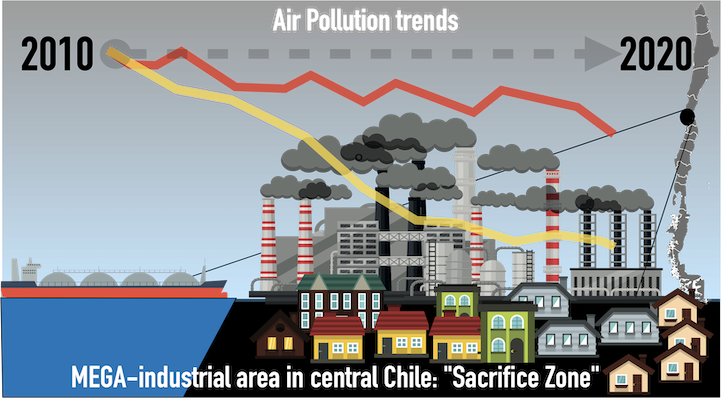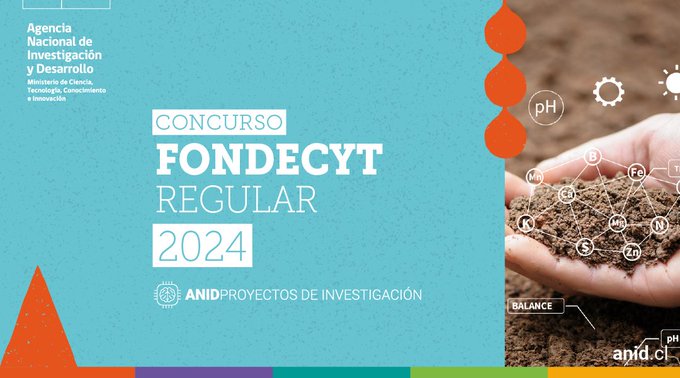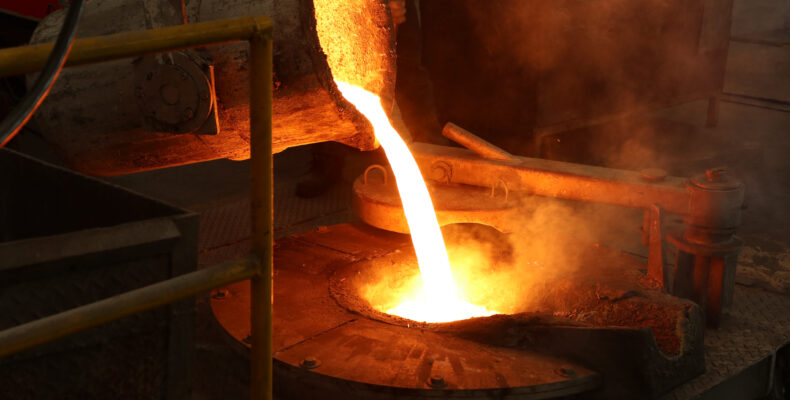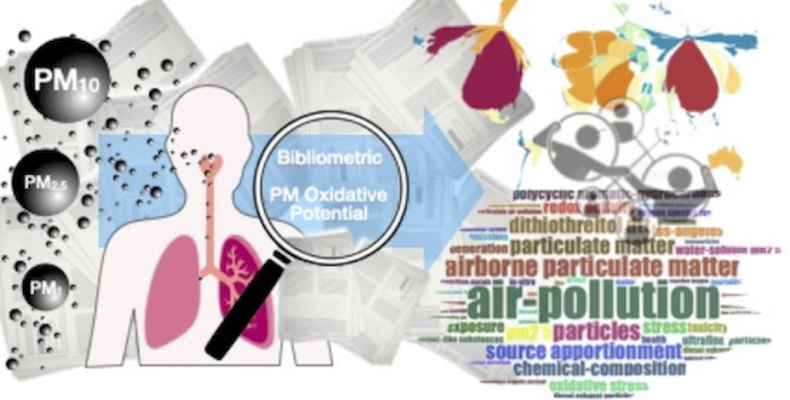Dr. Manuel Leiva has been invited to join the operational committee charged with revising Chile’s lead PM10 air quality standards. This committee is dedicated to updating norms to protect public health from the chronic effects of lead exposure by ensuring regulations are scientifically robust and reflect international best practices. With his deep expertise in atmospheric sciences and redox chemistry, Dr. Leiva is set to bring innovative insights into the mechanisms by which airborne particulate matter induces oxidative stress. Public input is welcome until May 07 via consultasciudadanas.mma.gob.cl or through your regional SEREMI office.
Dr. Manuel Leiva Appointed to the Operational Committee for Revising Chile’s Lead PM10 Air Quality Standards
